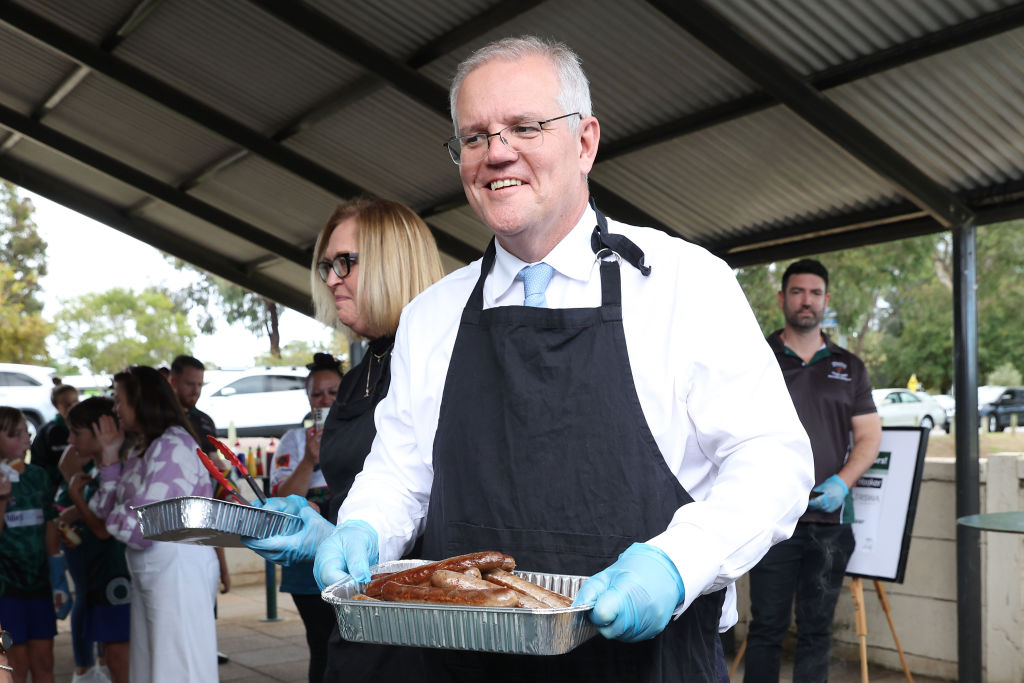Want to really be Australian-style? Time to move our elections to a Saturday

YOU may not have heard much about it but over the weekend one of the biggest democratic events in the Southern hemisphere took place. This year, the number of Australians who turned out to vote was slightly depleted by Covid. Ordinarily, 15 million people cast a ballot, representing a turn out of 91 per cent.
This high turnout figure may seem alien when compared to what we now expect from British voters. Turnout has fallen in recent years from a peak of 77.7 per cent in 1992 to just 67.3 per cent when Boris Johnson swept to victory in 2019.
Undoubtedly the main reason for the stark difference is the threat of a $20 fine for any Australians who don’t bother to vote. But while such a policy would likely be too draconian for the UK, there is something else we should copy from Australia. Unlike in Britain, which bizarrely holds its elections on a Thursday, Australians decide on their political leaders on a Saturday.
To look at how that might help boost turnout we first have to understand who isn’t currently voting in the UK. This fall in turnout is disproportionately driven by younger generations staying at home. Estimates from the British election study show that only half of those aged under 30 voted in the 2017 general election, compared to nearly 80 per cent of those of retirement age.
While there are many factors that drive lower turnout among the young, one key driver is that they have a lot more going on in their lives. Polling from Opinium shows that half (49 per cent) of those aged under 35 say they have fewer than two hours of free time on an average Thursday, compared to just 15 per cent of those aged over 55. They’re simply too busy to vote.
However, the number with fewer than two hours of free time on a Saturday is just 20 per cent, and just 31 per cent of those aged under 35. Moving the election to a day when fewer young people are working, and therefore have more free time, will increase the chances they find the time to journey to the polling station.
Lower turnout among the young also affects election results. Age has become the biggest dividing line in British politics, with younger people being more likely to vote Labour and oppose the end of Britain’s EU membership. On the other hand older voters are much more likely to support the Conservatives and have voted to Leave.
Holding elections on days when the young aren’t so busy could mean their views count just as much as older generations.
Australian election booths do also have another added novelty – the “democracy sausage” in other words, a hot dog stall by the ballot box.
Admittedly, there is a more self-interested argument in favour of moving the day as well. For political obsessives each election provides us with a difficult dilemma. Do we stay up and watch the results knowing we will spend Friday tired and grumpy, or do we get a good night’s sleep? In most cases we choose the latter option, at the expense of productivity and our work colleagues.
A Saturday election would give us the opportunity to catch up on that sleep before work again on Monday. But whether you care more about the positive impact it would have on democracy, or my post-election temperament, we should learn from the Australians and vote on Saturdays.